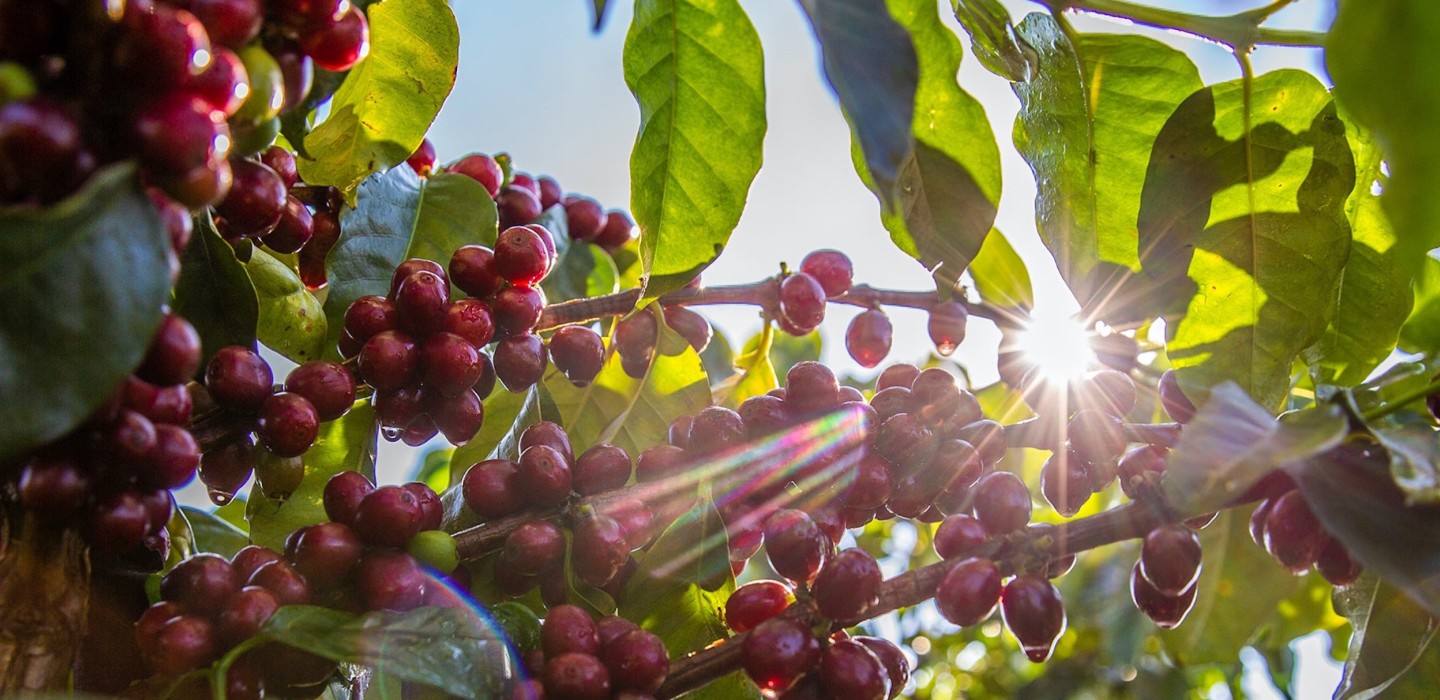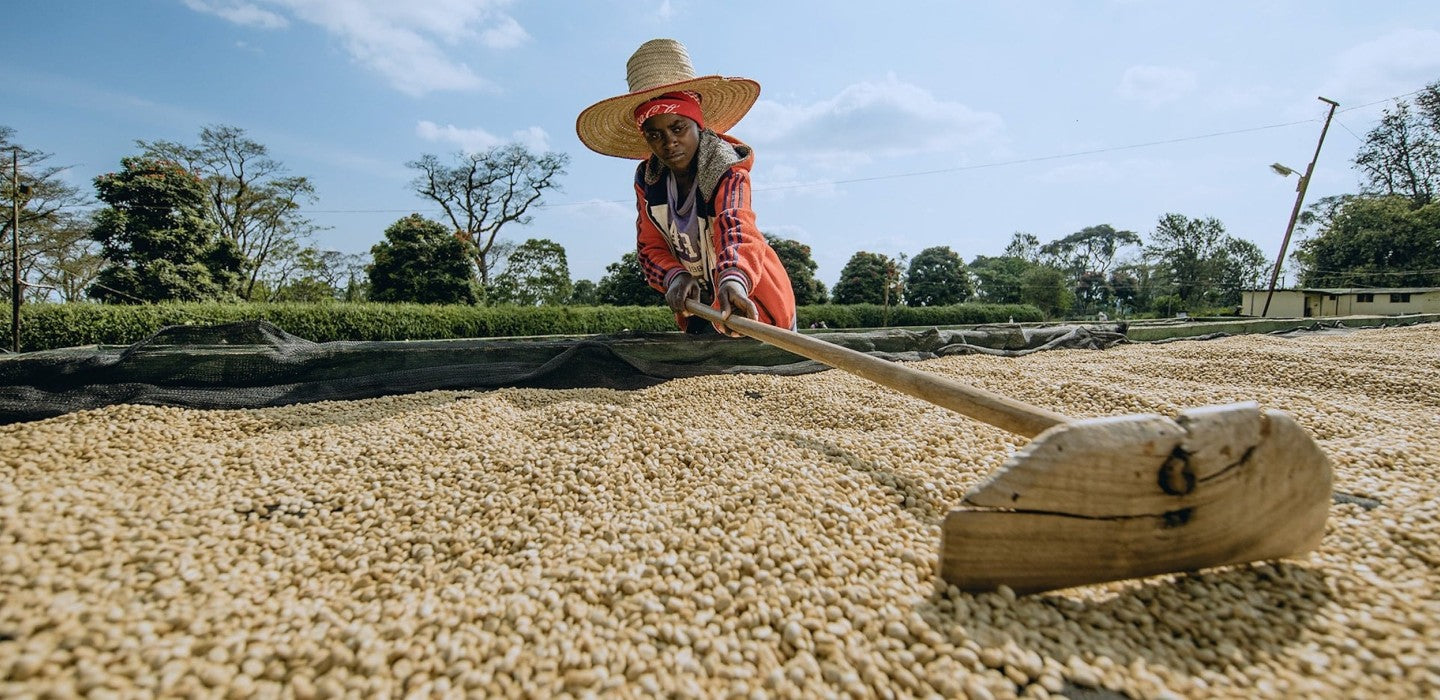Facts and Myths about about Caffeine
From our Coffee World to your cup, the journey of caffeine is an intriguing tale. Being the essential stimulant present in coffee, tea, and energy drinks, caffeine certainly deserves our attention. So, what's the truth about caffeine? How exactly does it affect our bodies? Is it entirely safe? Let's delve deeper into understanding's body and soul in this comprehensive guide.
Understanding Caffeine: Its Influence on Us
It takes around 30 to 45 minutes for caffeine to enter the bloodstream. But once it's there, the magic unfolds. Caffeine's invigorating properties are attributed to its ability to block adenosine receptors in our body. Adenosine, a natural bodily substance, relays signals to the central nervous system, and caffeine effectively inhibits these signals for some time—preventing drowsiness.
In moderation, caffeine can positively stimulate your mental capabilities and appreciably improve concentration. Yet, caffeine, when taken in higher doses, may influence the cardio-circulatory system, inducing faster heartbeat, and may lead to a minor increase in blood pressure.
Caffeine Consumption: What's The Safe Amount?
Generally, moderate caffeine consumption is harmless. An average adult with standard body weight could safely intake up to 400 mg of caffeine per day—roughly aligning to 4 to 5 cups of brewed coffee. However, it's crucial to remember that caffeine sensitivity varies amongst individuals. People with higher caffeine sensitivity, those suffering from high blood pressure, or expect women should consume caffeine in lesser amounts.
Caffeine Content: How Much is in Your Cup of Coffee?
The caffeine content in a coffee cup depends not only on the serving size but also on the coffee type and its preparation method. For instance, Robusta beans inherently contain more caffeine than Arabica beans. Generally, a 150 ml cup of filter coffee contains around 80 to 85 of caffeine. The same volume of Cold Brew coffee comes with approximately 50 mg of caffeine. A typical shot of espresso (about 25 ml) gives you nearly 35 mg of caffeine.
Comparing Caffeine: Coffee vs. Energy Drinks
Coffee generally boasts more caffeine than energy drinks. In Germany, Energy Drinks are limited to 32mg caffeine per 100 ml. Therefore, a 250 ml can will contain around 80mg which is significantly less than coffee: depending on the type and preparation method, coffee of the same volume can have approximately 130mg caffeine—over 50% more than Energy Drinks.
The Decaffeination Process: Removing The Buzz
For those who are averse or intolerant to caffeine but wish to relish the taste of coffee, there decaffeinated coffee. A raw coffee bean contains 1 to 2 percent caffeine, which lends coffee its stimulating capabilities. To decaffeinate, the raw coffee bean is moistened with water and steam in dedicated facilities and the caffeine is then extracted using appropriate solvents. The solvent residues are dispelled with steam.
Technical constraints would typically leave a minimal residual amount of caffeine in the beans. Nevertheless, the residual caffeine must not exceed a maxim limit of one gram per kilogram of dry mass decaf coffee. This is a legal regulation in most European countries. The extracted caffeine is dried and often utilized in the production of cola drinks. The decaffeinated raw coffee beans are dried back to their original moisture level and are then roasted just like regular ones.
Learn more about:
Cultivation
Roasting process
Roasting levels
Understanding the taste



Leave a comment
This site is protected by hCaptcha and the hCaptcha Privacy Policy and Terms of Service apply.